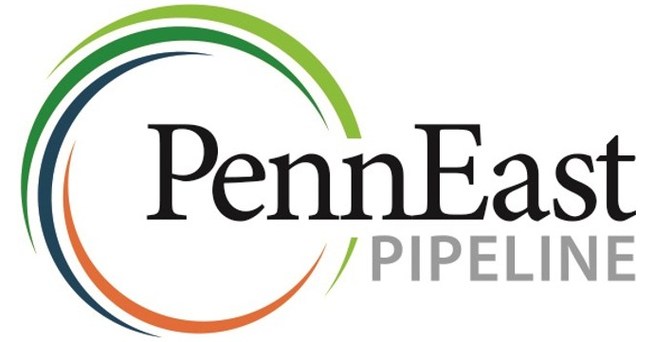The U.S. Supreme Court has agreed to hear an appeal from the PennEast Pipeline Company, as the company seeks to overturn a 2019 Third Circuit Court of Appeals decision, denying the condemning of New Jersey state-owned land for the company’s $1 billion pipeline project.
The Supreme Court granted PennEast’s petition of writ certiorari (a written request for review) on Feb. 3. The case is set for arguments in April.
According to the docket, both parties will have to brief and argue the question: Did the Court of Appeals properly exercise jurisdiction over this case?
Tony Cox, chair of the Board of Managers for PennEast, said they remain hopeful that after hearing full arguments this term, the U.S. Supreme Court will agree that the Third Circuit’s decision was profoundly wrong.
“Today’s decision by the U.S. Supreme Court granting the petition for certiorari in the PennEast Pipeline case is a major step forward in upholding Congress’ clear charge to the Federal Energy Regulatory Commission (FERC) to ensure the availability of affordable domestic energy, delivered safely and reliably via natural gas infrastructure.
“Federally approved pipeline projects undergo an extensive review process, and support jobs, reliable energy systems, a cleaner environment, and lower energy bills, which together, benefit our region’s families and businesses,” he said.
He added that the Third Circuit ruling in fall 2019 turned nearly 80 years of federal government interpretation and industry practice on their heads.
The construction of the 116-mile long natural gas pipeline is a $1 billion project from Pennsylvania into New Jersey.
“A private party like PennEast has no right to condemn state lands in court, and we look forward to pressing our arguments to #SCOTUS,” New Jersey Attorney General Gurbir Grewal tweeted on Feb. 3. “When the Court reviews the merits of this case, we believe they will recognize what the Third Circuit did: that New Jersey must prevail.”
If the pipeline project were to be constructed, its construction would occur in the Hopewell area, while the New Jersey leg of the pipeline accounts for about one-third of the total project. The project has faced pushback from not only the state, but local residents and environmental organizations.
“The Third Court’s decision to halt taking of state-owned land by a private party in federal court was well-reasoned. It’s a position that should be upheld by the Supreme Court,” said Tom Gilbert, campaign director, New Jersey Conservation Foundation and ReThink Energy NJ. “The PennEast pipeline would threaten the health and safety of our communities, private landowners, taxpayer-preserved open space, our drinking water, and significant natural and historic resources.”
Jennifer Danis, a senior fellow at Columbia University Law School’s Sabin Center for Climate Change Law, added that the Third Circuit honored New Jersey’s sovereign right to protect its conservation lands from a private gas pipeline company.
“A right that is based on a substantial body of Supreme Court precedent spanning over 100 years. We believe that the Court will reach that same conclusion,” she said.
Prior to the U.S. Supreme Court decision to grant review of the appeal, FERC in January tabled a decision on whether to grant PennEast’s filed amendment to construct the pipeline in two phases. FERC is a federal independent agency that regulates the interstate transportation of electricity, natural gas and oil.
Phase One consists of 68 miles of pipeline in Pennsylvania, which was originally scheduled to be ready to deliver natural gas by November 2021. Phase Two would finish the remaining route in Pennsylvania and New Jersey, with an original target completion date occurring in 2023.
“There are several factors potentially impacting the anticipated in-service date such as approval from FERC on the phased approach, approval of the remaining permit applications from Pennsylvania regulators, and construction-related considerations,” Cox said. “At this time, we anticipate placing the Phase One facilities in service in 2022. We anticipate placing the Phase Two facilities in service in 2024, though there may be a shift to the anticipated timeline depending on a number of factors.”
In previous years such as 2019, PennEast faced several setbacks in the New Jersey portion of the pipeline.
In November of 2019, the company made the decision to appeal its federal appeals case to the U.S. Supreme Court.
The decision came in light of a November ruling by Third Circuit Court of Appeals, denying PennEast’s request to rehear a case concerning the condemning of 42 parcels of New Jersey state-owned land for PennEast’s pipeline project.
Due to that denial and opinion by the third circuit, the New Jersey Department of Environmental Protection also denied the company’s Freshwater Wetlands Permit application siting that PennEast’s application could not be “administratively complete” because of the circuit’s decision.

